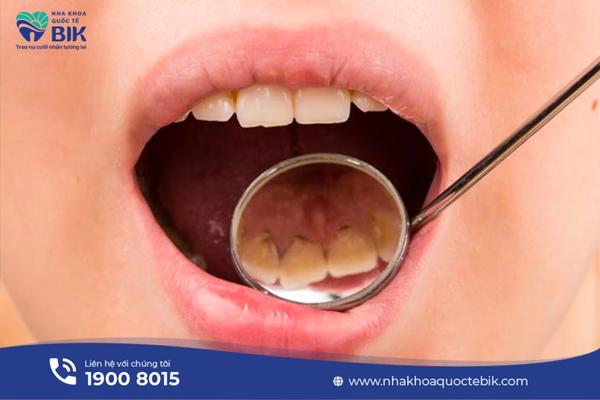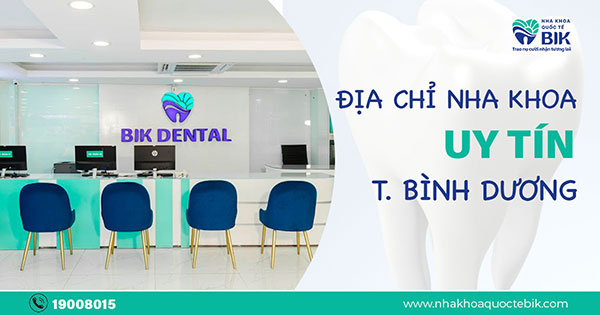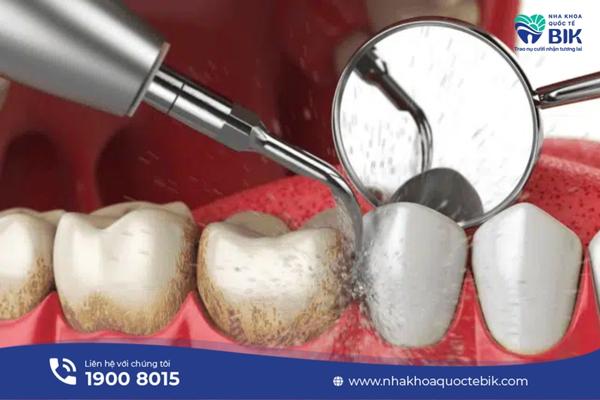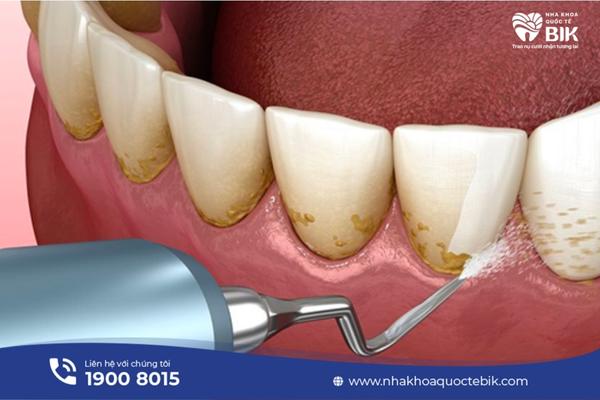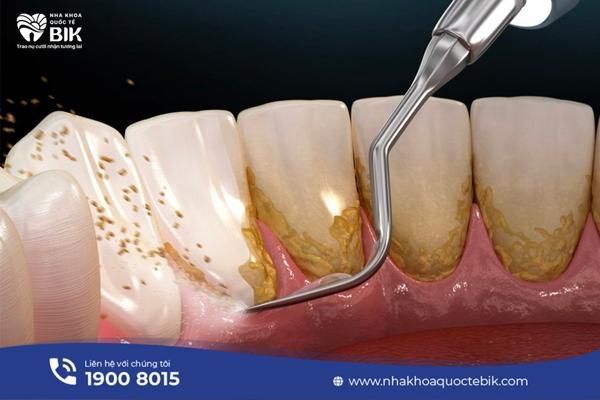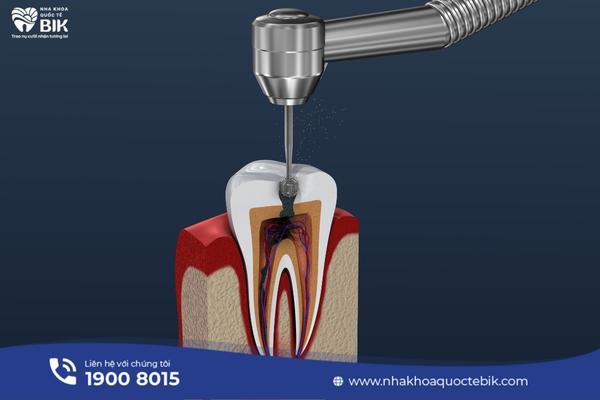Not only is it one of the indispensable spices for every daily meal, but with its high antibacterial properties, the ability to effectively remove stubborn plaque and food debris between teeth and gums, salt is an ingredient chosen by many people to clean their teeth. You can brush your teeth directly with salt or combine salt with some other ingredients to increase cleaning efficiency and no matter which method you choose, it will still bring bright white teeth and fresh breath all day long.
1. Effects of brushing teeth with salt
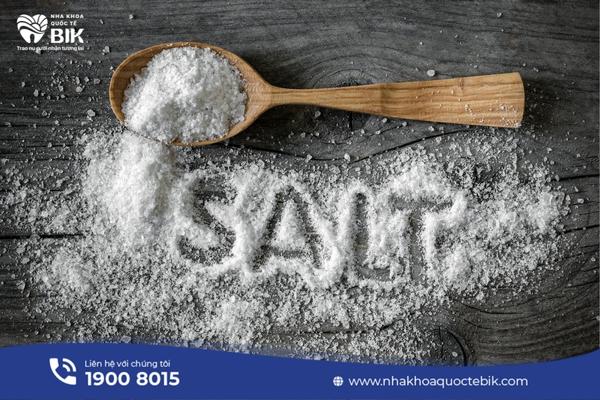
Natural salt is a compound that includes 3% mineral salts and more than 60 trace elements that are very beneficial for oral health, so salt is considered a method to treat bad breath and limit plaque on teeth that is quite popular with many people.
Salt is widely used in medicine because it has antiseptic and anti-inflammatory effects, while also providing high antibacterial efficiency. Therefore, brushing your teeth with salt is a safe method to limit gingivitis and mouth ulcers and brings many of the following benefits:
1.1. Clean the oral cavity
Salt has the ability to prevent the formation and effectively remove food plaque on the tooth surface while thoroughly removing food particles stuck between teeth, helping the oral cavity become clean and white.
1.2. Reduces swelling, inflammation and helps heal wounds
Thanks to its high antiseptic properties, salt can kill bacteria that cause inflammation, thereby promoting the healing process. In addition, gingivitis and bleeding gums will be significantly reduced after brushing your teeth with salt.
1.3. Prevent tooth decay
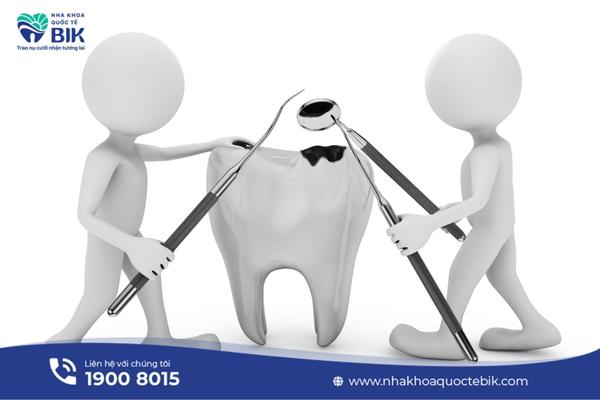
Tooth decay is often a place for bacteria to grow and develop that is harmful to the mouth. Brushing your teeth with salt will completely remove bacteria and fill the holes caused by tooth decay.
1.4. Eliminate bad breath
Because the causes of bad breath such as bacteria, food residue, tartar, etc. are all removed when brushing your teeth with salt, it will bring fresh breath all day long.
2. Types of salt that can be used to brush your teeth
You can choose the following types of salt to brush your teeth:
2.1. Nabica Salt
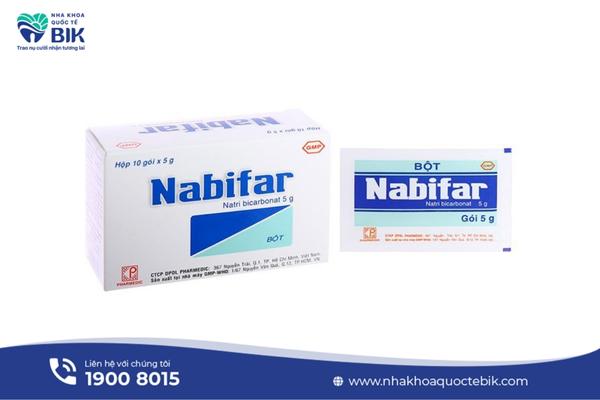
Nabica Salt is now quite popular in pharmacies at a price of about 5,000 VND/pack. You can use Nabica salt directly to brush your teeth, but experts recommend combining this salt with toothpaste every day for more obvious results.
Just take your usual toothpaste, sprinkle a little Nabica salt on top and brush your teeth twice a day, morning and night. After 7 days, you will see the effects that Nabica salt brings to your oral cavity.
2.2. Pink salt
Because it is located deep in the mountains and surrounded by volcanic mountains, the amount of minerals in pink salt is much larger than that of regular salt. Therefore, the benefits of pink salt for oral health are also very large. Not only simply cleaning the mouth, pink salt also has the ability to effectively prevent oral diseases from forming and developing. Not only that, the condition of inflammation, swelling or bleeding gums will be significantly improved after only 1-2 days of use.
2.3. Iodized Salt
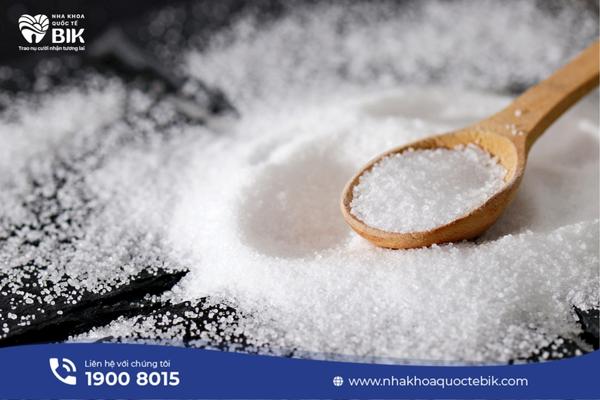
Although iodized salt does not contain as many minerals as pink salt and Nabica salt, it can still help clean teeth effectively. Therefore, if you cannot find the above two types of salt, you can completely use the available iodine salt in the kitchen to brush your teeth.
However, when using iodine salt, you need to pay attention to choosing iodine salt with small, fine grains so that it can easily absorb and dissolve when used to brush your teeth. If you do not have fine iodine salt at home, you can also grind large grains of salt before brushing your teeth.
3. Rinse your mouth with salt water
Salt can dissolve effectively in water, so using salt water is the simplest method to disinfect your teeth. Just dissolve 1 teaspoon of salt in 200ml of warm water and use the mixture to rinse your mouth for about 2-3 minutes each time. Then spit out the salt water and rinse your mouth with clean water.
4. Brush your teeth directly with salt
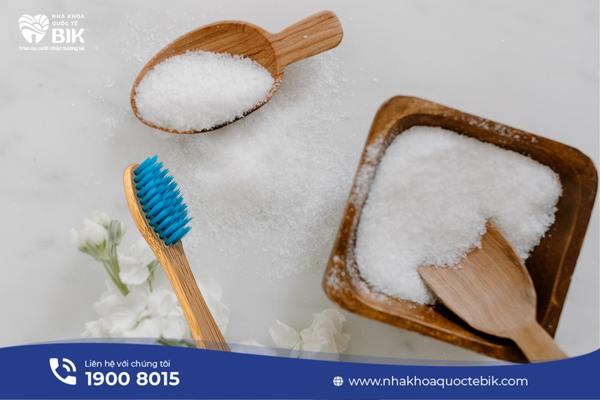
Whitening teeth with salt is a traditional way of cleaning teeth before toothpaste appeared. With this method, just soak a little salt in the toothbrush and brush your teeth as usual twice a day.
If you choose to brush your teeth with salt this way, you should persevere and after 1-2 weeks you will see clear results. However, you should note to choose a soft-bristled toothbrush, brush your teeth gently and properly to avoid damaging your teeth.
5. Brush your teeth with salt and toothpaste
Daily toothpaste has the effect of cleaning food plaque on teeth, and at the same time whitening teeth, so when combined with salt, it will be 3 times more effective.
With this method, just put a sufficient amount of toothpaste on the toothbrush, then sprinkle a few grains of salt and you can brush your teeth as usual. You should do this method at least 2 times a day and after 2 weeks there will be obvious results.
6. Brush your teeth with salt and lemon
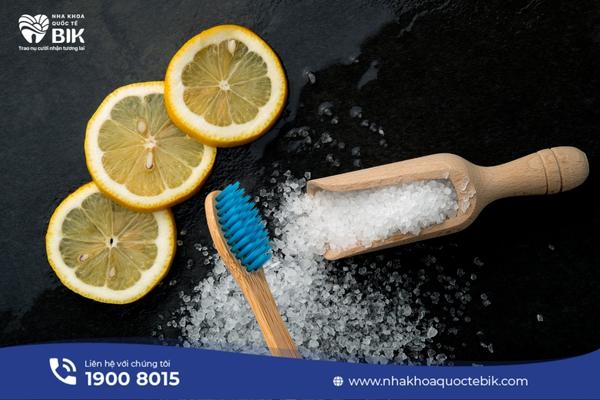
When combining salt with lemon, the effect is not only clean teeth but thanks to the acid in lemon, teeth are much whiter. With this method, you need to dissolve salt and lemon juice in a 1:1 ratio, then hold it for about 2-3 minutes and rinse your mouth with clean water. Note that you should not overuse this teeth whitening method, but should only do it about 1-2 times/week to avoid the acid in lemon that can erode tooth enamel, causing sensitivity.
7. Brush your teeth with salt and green tea
To help whiten your teeth every day, you can also combine salt and green tea. Because green tea has antibacterial compounds, prevents inflammation and at the same time eliminates bad breath very well, so it is completely possible to apply green tea leaves in oral hygiene.
With this method, you need to boil the green tea leaves a little bit and then put them in a glass jar for long-term storage. Just brush your teeth twice a day with toothpaste and salt thoroughly, then rinse your mouth with boiled green tea leaves mixed with a little warm water.
8. Is brushing your teeth with salt dangerous?
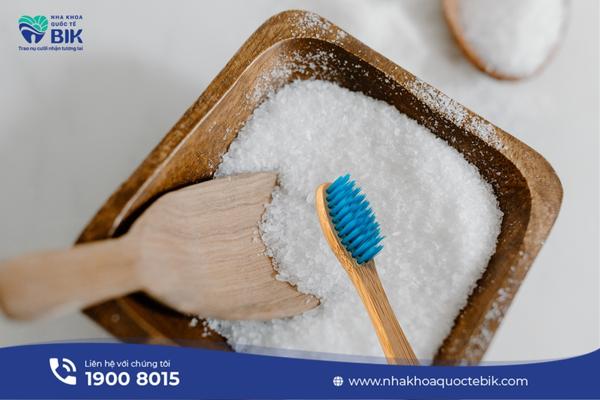
Brushing your teeth with salt only has dangerous effects when abused every day or used incorrectly. Salt brings many benefits to the teeth, but if you use salt to brush your teeth every day, it will cause tooth enamel to wear down, damage the mucosa or even cause bleeding due to the mechanical impact of the salt particles.
In case of a wound after tooth extraction or implantation, using salt every day for the mouth can make the wound worse and take longer to heal. If the mouth is sensitive, it can also cause the wound to become ulcerated, so doctors often advise patients not to rinse their mouth with salt water for about 3 days after tooth extraction or implantation.
You should note the following so that the methods of brushing teeth with salt bring the best effect for your teeth:
– Check the fineness of the salt grains before brushing your teeth to avoid damaging the enamel
– Only use a sufficient amount of salt when brushing your teeth
– Avoid combining salt with other ingredients that are not safe
– Should only be applied 2-3 times/week
– In case of inflammation and bleeding gums, you should only rinse your mouth with salt water
So it is completely possible to apply some simple ways to clean teeth with salt right at home. However, to ensure safety, avoid damaging tooth enamel and causing serious effects, you need to pay attention to the dosage and frequency of using salt to brush your teeth. However, there is no evidence that salt has a whitening effect, so in cases of severely discolored teeth and thick tartar, you need to go to a reputable dentist to perform professional cleaning and whitening methods.


